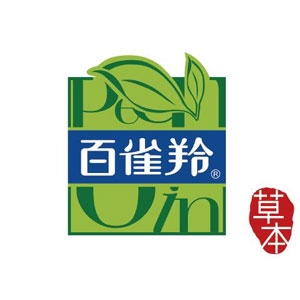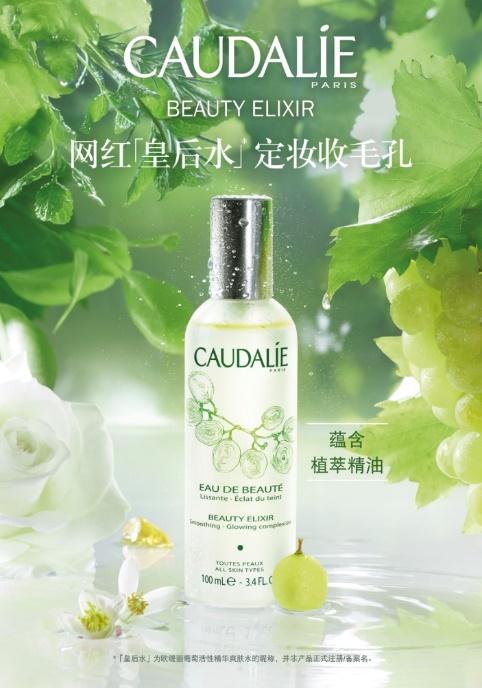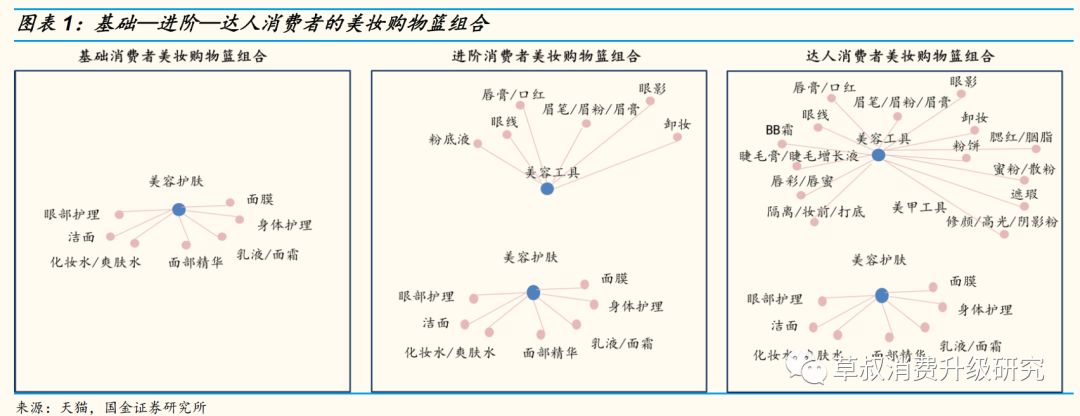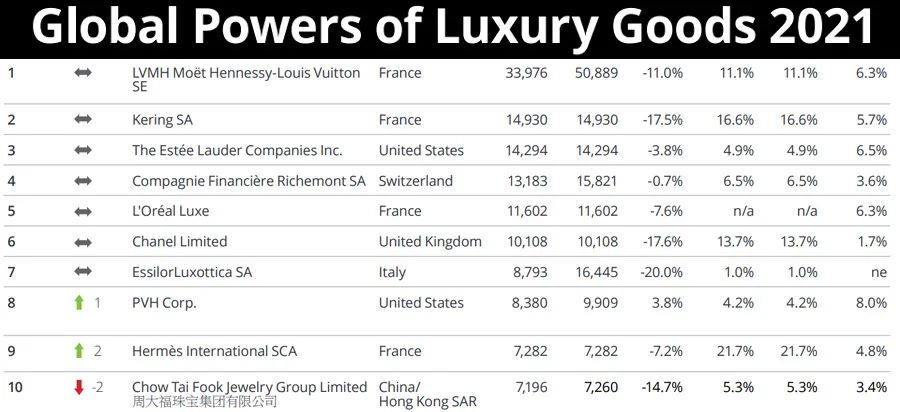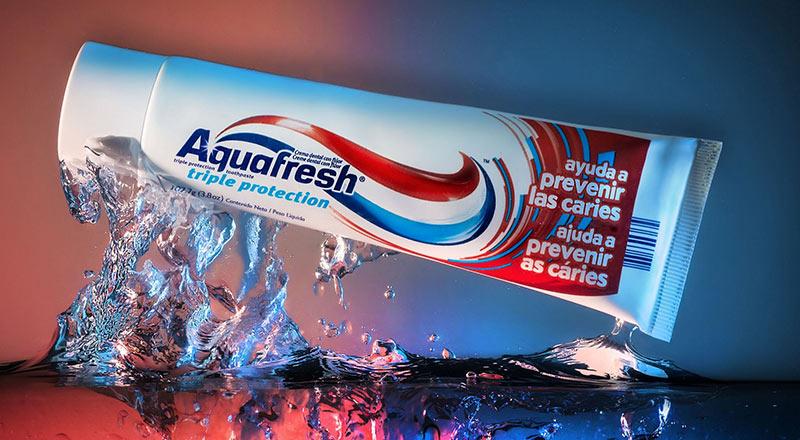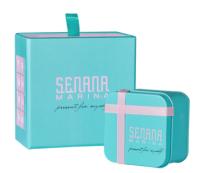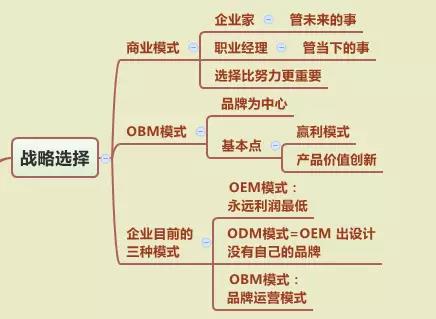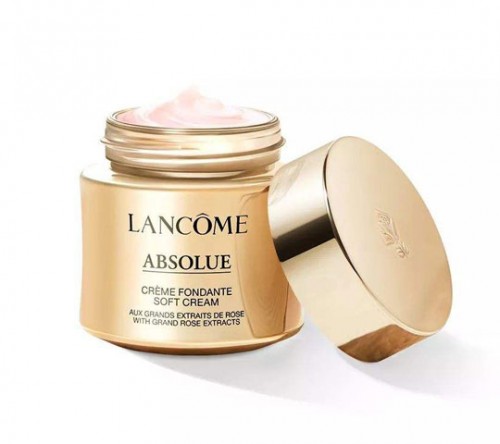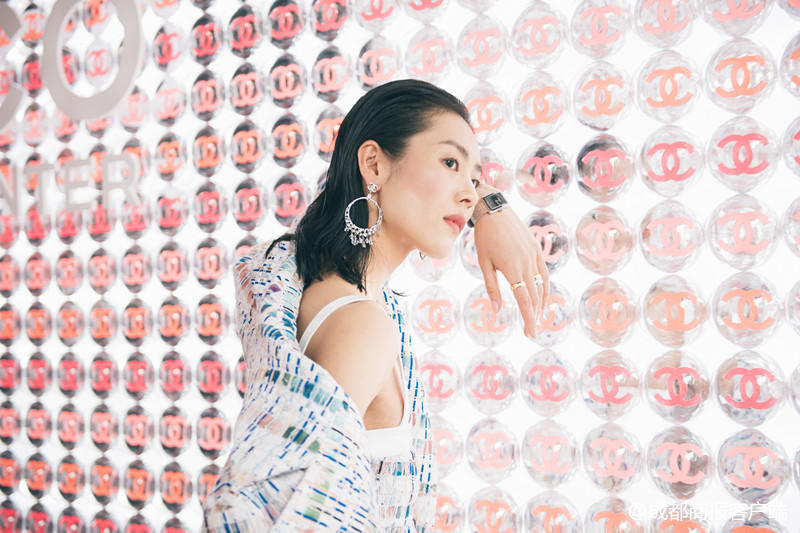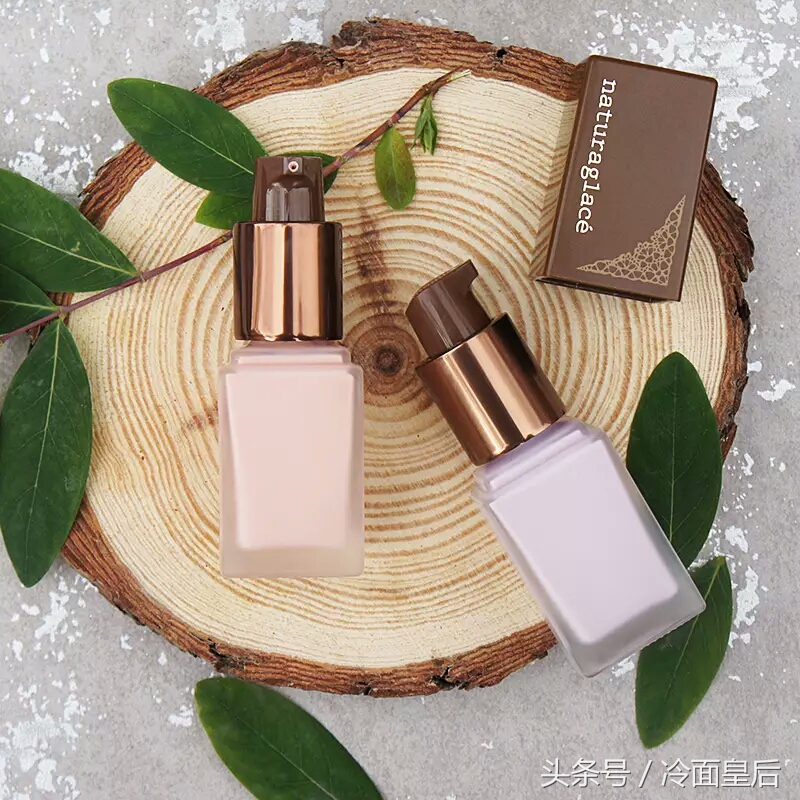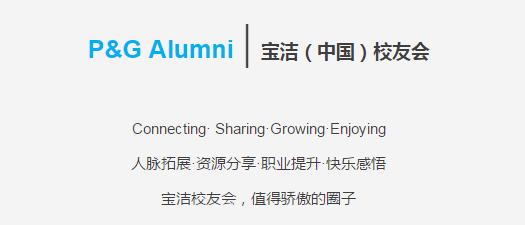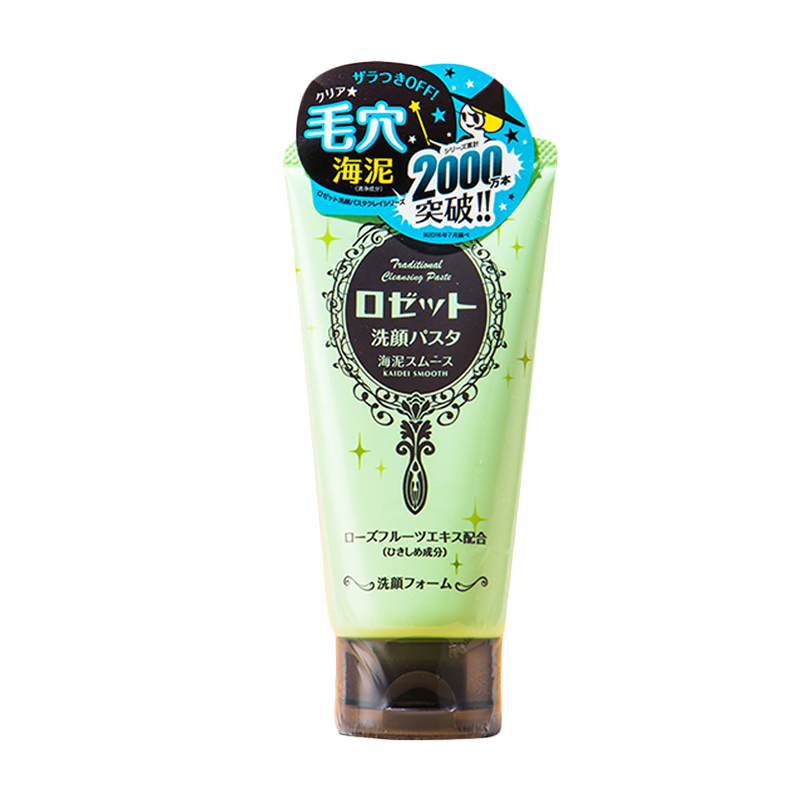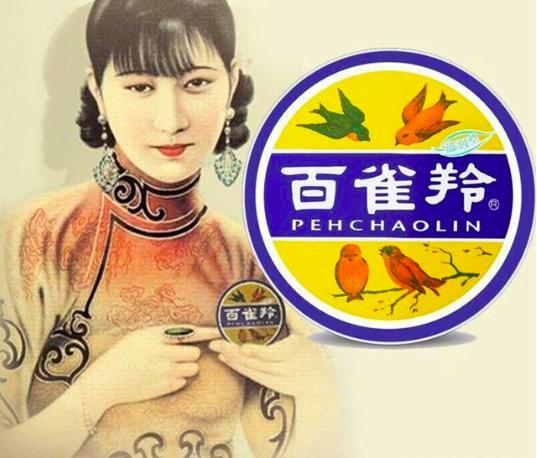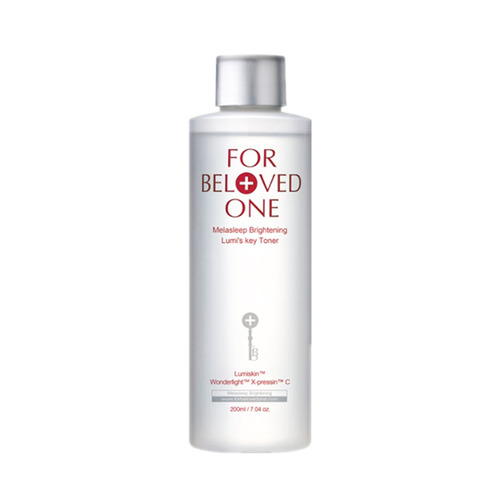2
Jodie 乔迪
1952
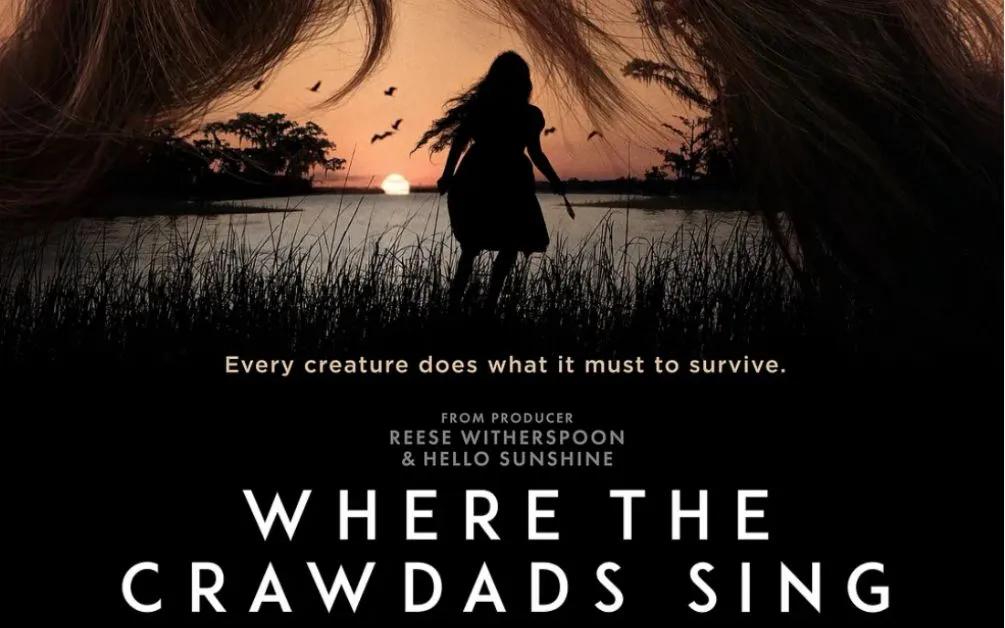
After Ma left, over the next few weeks, Kyas oldest brother and two sisters drifted away too, as if by example. They had endured Pas red-faced rages, which started as shouts, then escalated into fist-slugs, or backhanded punches, until one by one, they disappeared. They were nearly grown anyway. And later, just as she forgot their ages, she couldnt remember their real names, only that they were called Missy, Murph, and Mandy. On her porch mattress, Kya found a small pile of socks left by her sisters.
妈妈离开几周后,基娅最大的哥哥和两个姐姐也相继离开,似乎是以妈妈为榜样。他们忍受着爸爸脸红脖子粗的怒火——先是叫喊,然后升级为拳头或反手重击,直到一个接一个消失。不管怎么说,他们也都算是长大了。后来,和忘了他们的年纪一样,基娅也想不起他们真正的名字了,只记得他们叫米西、默夫和曼迪。在她的门廊床垫上,基娅发现姐姐们给她留了一小堆袜子。
On the morning when Jodie was the only sibling left, Kya awakened to the clatter-clank and hot grease of breakfast. She dashed into the kitchen, thinking Ma was home frying corn fritters or hoecakes. But it was Jodie, standing at the woodstove, stirring grits. She smiled to hide the letdown, and he patted the top of her head, gently shushing her to be quiet: if they didnt wake Pa, they could eat alone. Jodie didnt know how to make biscuits, and there wasnt any bacon, so he cooked grits and scrambled eggs in lard, and they sat down together, silently exchanging glances and smiles.
一天早晨,哥哥姐姐中乔迪成了唯一留下来的。基娅醒来,听到了哗啦声,闻到了早餐的热油味。她冲进厨房,想着是妈妈回来了,正在做玉米馅饼或煎饼。然而是乔迪,他站在灶台旁,正搅拌着粗玉米粉。基娅扯出微笑,以掩饰自己的失望。乔迪拍拍她的头,嘘了一下,让她保持安静:不吵醒爸爸,他们就可以单独吃饭。乔迪不会做饼干,也没有培根了,所以他做了粗玉米粉和猪油炒蛋。两人坐下来,无声地交换着眼神和微笑。
They washed their dishes fast, then ran out the door toward the marsh, he in the lead. But just then Pa shouted and hobbled toward them. Impossibly lean, his frame seemed to flop about from poor gravity. His molars yellow as an old dogs teeth.
他们迅速洗完碗,跑出门去湿地,乔迪带路。就在此时,爸爸大声喊叫,朝他们蹒跚走来。他形销骨立,像是从坟墓里跳出来的。臼齿黄得像老狗的牙。
Kya looked up at Jodie. “We can run. Hide in the mossy place.”
基娅抬头看向乔迪。“我们可以跑,躲到长苔藓的地方。”
“Its okay. Itll be okay,” he said.
“没关系。会好的。”他说。
LATER, NEAR SUNSET, Jodie found Kya on the beach staring at the sea. As he stepped up beside her, she didnt look at him but kept her eyes on the roiling waves. Still, she knew by the way he spoke that Pa had slugged his face.
后来,接近日落时分,乔迪发现基娅在沙滩上看海。他走到她身旁,基娅没有看他,还是紧盯着翻滚的海浪。从乔迪说话的方式,基娅知道,爸爸扇了他的脸。
“I hafta go, Kya. Cant live here no longer.”
“我不得不走了,基娅。这里实在待不下去了。”
She almost turned to him, but didnt. Wanted to beg him not to leave her alone with Pa, but the words jammed up.
基娅差点转向他,但忍住了。她想乞求他不要留下她单独陪着爸爸,但是这些话哽在了嗓子眼里。
“When youre old enough youll understand,” he said. Kya wanted to holler out that she may be young, but she wasnt stupid. She knew Pa was the reason they all left; what she wondered was why no one took her with them. Shed thought of leaving too, but had nowhere to go and no bus money.
“等你年纪足够大了就会理解。”他说。基娅想大喊,告诉乔迪,虽然她小,但并不傻,她知道爸爸是他们离开的原因。她不明白的是,为什么没人带她一起走。她也想过离开,但无处可去,也没有车钱。
“Kya, ya be careful, hear. If anybody comes, dont go in the house. They can get ya there. Run deep in the marsh, hide in the bushes. Always cover yo tracks; I learned ya how. And ya can hide from Pa, too.” When she still didnt speak, he said good-bye and strode across the beach to the woods. Just before he stepped into the trees, she finally turned and watched him walk away.
“基娅,听我说,你要小心。如果有人来这儿,不要进屋,在那儿他们能抓到你。跑进湿地深处,躲在灌木丛里。永远都要掩盖自己的行踪,我知道你会。你也可以躲着爸爸。”基娅还是不说话,于是乔迪说了再见,大步走过沙滩,走向树林。就在他快要进入树林时,基娅终于转过身,看着他离开。
“This little piggy stayed home,” she said to the waves.
“这只小猪留在家里。”基娅对着海浪说。
Breaking her freeze, she ran to the shack. Shouted his name down the hall, but Jodies things were already gone, his floor bed stripped bare.
基娅回过神来,跑向棚屋。她在客厅里喊乔迪的名字,但他的东西已经不见了,地板上的床垫也被剥得干干净净。
She sank onto his mattress, watching the last of that day slide down the wall. Light lingered after the sun, as it does, some of it pooling in the room, so that for a brief moment the lumpy beds and piles of old clothes took on more shape and color than the trees outside.
基娅瘫坐在乔迪的床垫上,看着那天最后的日光滑下墙面。太阳落山之后还余留了一些光亮,其中一部分流入屋内,有那么一会儿,这些粗笨的床和成堆的旧衣服看起来比外面的树轮廓更清晰,颜色更鲜亮。
A gnawing hunger—such a mundane thing—surprised her. She walked to the kitchen and stood at the door. All her life the room had been warmed from baking bread, boiling butter beans, or bubbling fish stew. Now, it was stale, quiet, and dark. “Whos gonna cook?” she asked out loud. Could have asked, Whos gonna dance?
折磨人的饥饿感——如此世俗的东西——出人意料地到来了。她走向厨房,站在门边。在她的一生中,这间屋子充斥着暖意,烤面包、煮奶油豆,还有炖鱼汤。现在,它却是陈旧的、安静的、阴暗的。“谁做饭呢?”她大声问。本来可以问,谁来跳舞?
She lit a candle and poked at hot ashes in the woodstove, added kindling. Pumped the bellows till a flame caught, then more wood. The Frigidaire served as a cupboard because no electricity came near the shack. To keep the mold at bay, the door was propped open with the flyswatter. Still, greenish-black veins of mildew grew in every crevice.
基娅点亮蜡烛,戳了戳灶台里的热灰,加进火种,拉起风箱,直到火焰蹿起,又加了些柴火。冰箱被用作橱柜,因为附近没有电。为了不产生霉菌,厨房的门用苍蝇拍支着。然而霉菌黑绿色的纹路还是在每一条裂缝中蔓延。
Getting out leftovers, she said, “Ill tump the grits in lard, warm em up,” which she did and ate from the pot, looking through the window for Pa. But he didnt come.
基娅拿出剩下的食物,说:“我要用猪油翻炒粗玉米粉,加热一下。”她这么做了,然后直接就着锅吃,同时看着窗外搜寻爸爸的身影。他没有回来。
When light from the quarter moon finally touched the shack, she crawled into her porch bed—a lumpy mattress on the floor with real sheets covered in little blue roses that Ma had got at a yard sale—alone at night for the first time in her life.
当上弦月最终照进棚屋,基娅爬上自己的门廊小床——一个放在地板上的粗糙床垫,罩着真正的床单,上面印着蓝色玫瑰,这是妈妈在旧货市场淘的——开始了人生中第一个孑然一身的夜晚。
At first, every few minutes, she sat up and peered through the screen. Listening for footsteps in the woods. She knew the shapes of all the trees; still some seemed to dart here and there, moving with the moon. For a while she was so stiff she couldnt swallow, but on cue, the familiar songs of tree frogs and katydids filled the night. More comforting than three blind mice with a carving knife. The darkness held an odor of sweetness, the earthy breath of frogs and salamanders whod made it through one more stinky-hot day. The marsh snuggled in closer with a low fog, and she slept.
一开始,每隔几分钟她就会坐起来,看向纱门外,听听树林里的脚步声。她知道所有树的形状;似乎有什么东西在追随着月亮东奔西突。有那么一会儿,她浑身僵硬,以致难以吞咽,但恰在此时,树蛙和纺织娘熟悉的歌声充满了夜空。这比三只瞎眼的老鼠和餐刀更令人宽慰。黑暗带着甜蜜的气息,那是蛙和蝾螈带着泥土芬芳的呼吸,它们又熬过了热烘烘的、难闻的一天。雾气低垂,湿地更紧地依偎在她身边。基娅睡着了。
FOR THREE DAYS Pa didnt come and Kya boiled turnip greens from Mas garden for breakfast, lunch, and dinner. Shed walked out to the chicken coop for eggs but found it bare. Not a chicken or egg anywhere.
爸爸三天没回来了。基娅采了妈妈园子里的芜菁叶做早饭、午饭、晚饭。她去鸡笼里找过鸡蛋,但没有收获。没有鸡,也没有蛋。
“Chicken shits! Youre just a bunch of chicken shits!” Shed been meaning to tend them since Ma left but hadnt done much of anything. Now theyd escaped as a motley flock, clucking far in the trees beyond. Shed have to scatter grits, see if she could keep them close.
“鸡屎!都是鸡屎!”妈妈走后,她本来打算照顾它们,但还没做什么。现在,它们结队逃走了,在远处的树林里咯咯叫。她得撒些粗玉米粉,看看能不能把鸡再聚集起来。
On the evening of the fourth day, Pa showed up with a bottle and sprawled across his bed.
第四天晚上,爸爸出现了,手里拿着一个酒瓶,四肢张开躺到床上。
Walking into the kitchen the next morning, he hollered, “Whars evbody got to?”
第二天一早,他走进厨房,喊道:“人呢?”
“I don’t know,” she said, not looking at him.
“我不知道。”基娅说,没有看他。
“Ya dont know much as a cur-dawg. Useless as tits on a boar hog.”
“你跟杂种狗一样蠢,跟野猪奶头一样没用。”
Kya slipped quietly out the porch door, but walking along the beach searching for mussels, she smelled smoke and looked up to see a plume rising from the direction of the shack. Running as fast as she could, she broke through the trees and saw a bonfire blazing in the yard. Pa was throwing Mas paintings, dresses, and books onto the flames.
基娅悄悄溜出门廊,沿着沙滩寻找贻贝。她闻到了烟味,抬头看到棚屋方向升起一股烟。基娅以最快的速度穿过树丛跑回去,看到院子里生起了一堆火。爸爸正往火里扔妈妈的画、衣服和书。
“No!” Kya screamed. He didnt look at her, but threw the old battery-operated radio into the fire. Her face and arms burned as she reached toward the paintings, but the heat pushed her back.
“不!”基娅尖叫道。他不看她,把那台旧的电池收音机扔了进去。基娅伸手去捡那些画,脸和手都被灼伤了,高温迫使她后退。
She rushed to the shack to block Pas return for more, locking eyes with him. Pa raised his backhand toward Kya, but she stood her ground. Suddenly, he turned and limp-stepped toward his boat.
基娅冲回棚屋,阻止爸爸拿更多东西,眼睛死死盯住他。爸爸朝她扬起手,但基娅坚守着。突然,他转过身去,跛着脚走向自己的船。
Kya sank onto the brick n boards, watching Mas watercolors of the marsh smolder into ash. She sat until the sun set, until all the buttons glowed as embers and the memories of dancing the jitterbug with Ma melted into the flames.
基娅瘫坐在台阶上,看着妈妈画的湿地水彩燃成灰烬。她一直坐到太阳下山,火堆中的纽扣化作余烬发出微光,她和妈妈一起跳吉格舞的记忆也融进了火焰之中。
Over the next few days, Kya learned from the mistakes of the others, and perhaps more from the minnows, how to live with him. Just keep out of the way, dont let him see you, dart from sunspots to shadows. Up and out of the house before he rose, she lived in the woods and water, then padded into the house to sleep in her bed on the porch as close to the marsh as she could get.
接下来几天,从其他人的错误中,或者说更多地从小鱼那里,她学会了如何和爸爸一起生活。只要避开他,别让他看见,从阳光下闪到阴影中。基娅在他起床前起床,离开棚屋,待在树林中,待在水里,只在该睡觉时轻手轻脚地回去,睡在门廊的小床上,尽量靠近湿地。
PA HAD FOUGHT GERMANY in the Second World War, where his left femur caught shrapnel and shattered, their last source of pride. His weekly disability checks, their only source of income. A week after Jodie left, the Frigidaire stood empty and hardly any turnips remained. When Kya walked into the kitchen that Monday morning, Pa pointed to a crumpled dollar and loose coins on the kitchen table.
爸爸曾在二战中抗击德国,左大腿骨被弹片击中碎裂了,这是他们最后的骄傲。他每周都会去领伤残津贴,那是他们唯一的收入来源。乔迪离开后一周,冰箱空空如也,园子里的芜菁也所剩无几。周一早晨,当基娅走进厨房,爸爸指了指餐桌上皱巴巴的一美元和一些硬币。
“This herell get ya food fer the week. Thar aint no such thang as handouts,” he said. “Everthang cost sumpm, and fer the money ya gotta keep the house up, stove wood clected, and warsh the laundree.”
“这些钱够你买一周的食物了。天下没有白吃的饭,”他说,“所有东西都要花钱。拿这些钱,你得打扫屋子、捡柴火、洗衣服。”
For the first time ever Kya walked alone toward the village of Barkley Cove to buy groceries—this little piggy went to market. She plodded through deep sand or black mud for four miles until the bay glistened ahead, the hamlet on its shore.
人生第一次,基娅独自前往巴克利小湾镇买杂货——这只小猪去市场。她吃力地在厚厚的沙地和黑泥中走了四英里,直到海湾在前方闪闪发光,小镇就在岸上。
Everglades surrounded the town, mixing their salty haze with that of the ocean, which swelled in high tide on the other side of Main Street. Together the marsh and sea separated the village from the rest of the world, the only connection being the single-lane highway that limped into town on cracked cement and potholes.
沼泽环绕着小镇,大海在主街的另一边卷起高高的浪,两者咸腥的雾气混合在一起。湿地和大海将镇子与世隔绝,一条单车道公路是它与外界唯一的联系。这条路歪歪扭扭地通到镇上,路面布满裂痕和坑洼。
There were two streets: Main ran along the oceanfront with a row of shops; the Piggly Wiggly grocery at one end, the Western Auto at the other, the diner in the middle. Mixed in there were Kresss Five and Dime, a Penneys (catalog only), Parkers Bakery, and a Buster Brown Shoe Shop. Next to the Piggly was the Dog-Gone Beer Hall, which offered roasted hot dogs, red-hot chili, and fried shrimp served in folded paper boats. No ladies or children stepped inside because it wasnt considered proper, but a take-out window had been cut out of the wall so they could order hot dogs and Nehi cola from the street. Coloreds couldnt use the door or the window.
镇上有两条街道。主街沿海滨伸展,开了一溜店铺;小猪扭扭杂货店在一头,西部车行在另一头,饭馆在中间。还有克雷斯五分一角店、彭尼百货(只有商品目录)、帕克烘焙,以及巴斯特·布朗鞋店。小猪扭扭隔壁是狗日啤酒屋,提供热狗、又红又辣的辣椒和纸船装的炸虾。女人和孩子不能进店,因为人们认为那样不合适;不过这家店在墙上开了一个外带窗口,可以在街上点热狗和可乐。黑人不能进店也不能外带。
The other street, Broad, ran from the old highway straight toward the ocean and into Main, ending right there. So the only intersection in town was Main, Broad, and the Atlantic Ocean. The stores and businesses werent joined together as in most towns but were separated by small, vacant lots brushed with sea oats and palmettos, as if overnight the marsh had inched in. For more than two hundred years, sharp salty winds had weathered the cedar-shingled buildings to the color of rust, and the window frames, most painted white or blue, had flaked and cracked. Mostly, the village seemed tired of arguing with the elements, and simply sagged.
另一条街是宽街,从老公路直冲大海,插入主街,戛然而止。所以镇上唯一的交叉路口就是主街、宽街和大西洋。不同于大部分镇子,这里的商铺并不挨着,而是被长满了海燕麦和蒲葵的小块空地隔开,像是湿地在一夜间挤了进来。两百多年来,尖利、咸湿的风使雪松木房子老化,染上了铁锈色,漆成白色或蓝色的窗框也起皮、开裂了。大体上,这个镇子好像已经厌倦了和自然抗争,被压倒了。
The town wharf, draped in frayed ropes and old pelicans, jutted into the small bay, whose water, when calm, reflected the reds and yellows of shrimp boats. Dirt roads, lined with small cedar houses, wound through the trees, around lagoons, and along the ocean on either end of the shops. Barkley Cove was quite literally a backwater town, bits scattered here and there among the estuaries and reeds like an egrets nest flung by the wind.
镇子的码头上满地都是磨损的绳子和老鹈鹕。码头伸进小小的海湾,湾里的水在风平浪静时倒映出红色和黄色的捕虾船。几条土路,沿途布满了小小的雪松木房子,穿过树丛,绕过潟湖,在商铺尽头继续沿着大海蜿蜒。巴克利小湾镇确实是“一潭死水”,东一块西一块散落在河口和芦苇荡之中,仿佛被风吹过的白鹭巢。
Barefoot and dressed in too-short bib overalls, Kya stood where the marsh track met the road. Biting her lip, wanting to run home. She couldnt reckon what shed say to people; how shed figure the grocery money. But hunger was a pushing thing, so she stepped onto Main and walked, head down, toward the Piggly Wiggly on a crumbling sidewalk that appeared now and then between grass clumps. As she approached the Five and Dime, she heard a commotion behind her and jumped to the side just as three boys, a few years older than she, sped by on bikes. The lead boy looked back at her, laughing at the near miss, and then almost collided with a woman stepping from the store.
基娅光着脚,穿着过短的工装裤,站在湿地小径和大路的交会处。她咬了咬嘴唇,想跑回家。她不知道该和人们说什么,也不知道该怎么算买东西的钱。但饥饿是一股推动力,所以她踏上了主街,沿着在草丛中时隐时现、破破烂烂的人行道,低头走向小猪扭扭杂货店。靠近五分一角店时,她听到身后一阵骚乱,赶紧跳开,正好三个年纪稍长的男孩骑着自行车一阵风似的经过。带头的男孩回头看了看基娅,笑了起来,很满意这有惊无险的擦边球,结果又差点撞上从店里出来的一个女人。
“CHASE ANDREWS, you get back here! All three of you boys.” They pedaled a few more yards, then thought better of it and returned to the woman, Miss Pansy Price, saleslady in fabric and notions. Her family had once owned the largest farm on the outskirts of the marsh and, although they were forced to sell out long ago, she continued her role as genteel landowner. Which wasnt easy living in a tiny apartment above the diner. Miss Pansy usually wore hats shaped like silk turbans, and this morning her headwear was pink, setting off red lipstick and splotches of rouge.
“蔡斯·安德鲁斯,你给我回来!你们三个都回来。”他们又往前骑了几码,权衡了一下还是回到了这个女人身边,潘茜·普赖斯小姐,工作是售卖布料、纽扣、针之类的。她家曾拥有湿地外围最大的农场,虽然很久以前就被迫卖掉了,但她依旧一副有教养的地主样儿。这可不太容易,因为她住在饭馆楼上的小公寓里。潘茜小姐常常戴一顶状如丝绸头巾的帽子。今早,帽子是粉红色的,衬出了她红色的唇脂和脸上的胭脂。
She scolded the boys. “Ive a mind to tell yalls mamas about this. Or better, yo papas. Ridin fast like that on the sidewalk, nearly runnin me over. What ya got to say for yoself, Chase?”
她骂了他们,说:“我打算把这事告诉你们妈妈,或许更该告诉你们爸爸。在人行道上骑这么快,差点撞上我。蔡斯,你怎么说?”
He had the sleekest bike—red seat and chrome handlebars, raised up. “Were sorry, Miss Pansy, we didnt see ya cause that girl over yonder got in the way.” Chase, tanned with dark hair, pointed at Kya, who had stepped back and stood half inside a myrtle shrub.
他的自行车最拉风——红色的座椅,铬黄的车把。蔡斯站起来,说:“对不起,潘茜小姐。我们没看见你,因为那边那个女孩挡住了路。”他指了指基娅。这时基娅已经躲开了,半藏在桃金娘丛里。蔡斯深色头发,皮肤晒得黝黑。
“Never mind her. You caint go blamin yo sins on somebody else, not even swamp trash. Now, you boys gotta do a good deed, make up fer this. There goes Miss Arial with her groceries, go help carry em to her truck. And put yo shirttails in.”
“跟她没关系。你不能把自己的罪行怪到别人头上,就算这个别人是湿地垃圾。现在,你们得做点好事补偿我。看到那边的阿芮尔小姐了吧,去帮她把东西搬到车上。都把衣服塞裤子里。”
“Yes, maam,” the boys said as they biked toward Miss Arial, who had taught them all second grade.
“是,夫人。”男孩们骑向阿芮尔小姐,她是他们整个二年级的老师。
Kya knew that the parents of the dark-haired boy owned the Western Auto store, which was why he rode the snazziest bike. Shed seen him unloading big cardboard boxes of merchandise from the truck, packing it in, but she had never spoken a word to him or the others.
基娅知道,深色头发的男孩的父母开了西部车行,所以他能骑最炫的自行车。她见过他从卡车上卸下一箱箱货物,但从没和他或其他人说过话。
She waited a few minutes, then, head low again, walked toward the grocery. Inside the Piggly Wiggly, Kya studied the selection of grits and chose a one-pound bag of coarse ground yellow because a red tag hung from the top—a special of the week. Like Ma taught her. She fretted in the aisle until no other customers stood at the register, then walked up and faced the checkout lady, Mrs. Singletary, who asked, “Wheres ya mama at?” Mrs. Singletarys hair was cut short, curled tight, and colored purple as an iris in sunlight.
她等了几分钟,又低头走向杂货店。在那里,基娅研究了一下粗玉米粉的种类,最后选了一磅装的粗的黄色玉米粉,因为它顶上挂着一个红色标签——本周特价。妈妈之前教过她。基娅在货架那儿焦躁地等着,直到其他顾客都离开了收银台,才走过去面对收银员。辛格尔特里夫人问:“你妈妈呢?”她的头发剪短了,密实的小卷在阳光下显现出鸢尾紫。
“Doin chores, maam.”
“做家务呢,夫人。”
“Well, ya got money for the grits, or dont ya?”
“你有买东西的钱吧?”
“Yesm.” Not knowing how to count the exact amount, she laid down the whole dollar.
“是的,夫人。”基娅不知道怎么算出正确的钱数,所以直接把一美元放到了台子上。
Mrs. Singletary wondered if the child knew the difference in the coins, so as she placed the change into Kyas open palm she counted slowly, “Twenty-five, fifty, sixty, seventy, eighty, eighty-five and three pennies. Cause the grits cost twelve cents.”
辛格尔特里夫人觉得这孩子大概不知道不同硬币的区别,所以她把找零放到基娅的手掌上,慢慢数给她:“二十五,五十,六十,七十,八十,八十五,还有三分。玉米粉一共十二分。”
Kya felt sick to her stomach. Was she supposed to count something back? She stared to the puzzle of coins in her palm.
基娅觉得胃里不太舒服。应该数点什么作为回应吗?她盯着手掌上的硬币谜题。
Mrs. Singletary seemed to soften. “Okay, then. Git on with ya.”
辛格尔特里夫人的神色看上去柔和了一些。“好了,拿着走吧。”
Kya dashed from the store and walked as fast as she could toward the marsh track. Plenty of times, Ma had told her, “Never run in town or peoplell think you stole something.” But as soon as Kya reached the sandy track, she ran a good half mile. Then speed-walked the rest.
基娅冲出杂货店,尽可能快地走向湿地小径。妈妈告诉过她很多次:“不要在镇上跑,否则别人会以为你偷了东西。”但一到沙路上,她就一口气跑了整整半英里,接下来的路也走得飞快。
Back home, thinking she knew how to fix grits, she threw them into boiling water like Ma had done, but they lumped up all together in one big ball that burned on the bottom and stayed raw in the middle. So rubbery she could only eat a few bites, so she searched the garden again and found a few more turnip greens between the goldenrod. Then boiled them up and ate them all, slurping down the pot likker.
回到家,基娅像妈妈那样把玉米粉扔进沸水里,以为自己知道处理玉米粉的方法,但它们粘在一起,成了一个大球,底下焦了,中间还没熟,跟橡胶似的,她只能啃下几口。她只好又去园子里搜寻,最后在秋麒麟草中间找到一些芜菁叶,全煮了吃了,连汤汁都舔干净了。
In a few days she got the hang of fixing grits, although no matter how hard she stirred, they lumped up some. The next week she bought backbones—marked with a red tag—and boiled them with grits and collard greens in a mush that tasted fine.
几天之后,基娅掌握了处理玉米粉的诀窍,虽然无论她怎么翻炒,最后总有一些粘在一起。接下来的一周,她买了脊骨肉——也是特价商品,放入玉米粉和切碎的羽衣甘蓝一起煮,味道还不错。
Kya had done the laundry plenty with Ma, so knew how to scrub clothes on the rub board under the yard spigot with bars of lye soap. Pas overalls were so heavy wet she couldnt wring them out with her tiny hands, and couldnt reach the line to hang them, so draped them sopping over the palmetto fronds at the edge of the woods.
基娅之前和妈妈一起洗过很多次衣服,所以知道该怎么做。她把衣服放在院子里水龙头下的搓衣板上,抹上肥皂搓洗。爸爸的工装裤打湿后特别重,她的小手拧不干,也够不着晾衣绳,只能滴着水摊开晾在树林边的蒲葵丛上。
She and Pa did this two-step, living apart in the same shack, sometimes not seeing each other for days. Almost never speaking. She tidied up after herself and after him, like a serious little woman. She wasnt near enough of a cook to fix meals for him—he usually wasnt there anyway—but she made his bed, picked up, swept up, and washed the dishes most of the time. Not because shed been told, but because it was the only way to keep the shack decent for Mas return.
基娅和爸爸像在跳两步舞,分开住在同一个屋檐下,有时候好几天见不着对方,几乎从不交谈。她收拾自己,也给爸爸收拾,像一个认真的小妇人。她还不是一个够格的、能为爸爸做饭的厨师——不过,他通常也不在家吃饭。但她可以铺床、收拾、扫除、洗碗。不是因为有人让她这么做,而是因为只有这样才能让棚屋在妈妈回来的时候保持干净得体。
MA HAD ALWAYS SAID the autumn moon showed up for Kyas birthday. So even though she couldnt remember the date of her birth, one evening when the moon rose swollen and golden from the lagoon, Kya said to herself, “I reckon Im seven.” Pa never mentioned it; certainly there was no cake. He didnt say anything about her going to school either, and she, not knowing much about it, was too afraid to bring it up.
妈妈过去总说秋月是为了基娅的生日升起。所以,即使基娅记不住自己的生日,一天晚上,当她看到圆满金黄的月亮从潟湖中升起时,她对自己说:“我想我七岁了。”爸爸从来没提过这件事,当然也没有蛋糕。他也没提任何上学的事。基娅不太了解学校,因为害怕不敢提。
Surely Ma would come back for her birthday, so the morning after the harvest moon she put on the calico dress and stared down the lane. Kya willed Ma to be walking toward the shack, still in her alligator shoes and long skirt. When no one came, she got the pot of grits and walked through the woods to the seashore. Hands to her mouth, she held her head back and called, “Kee-ow, kee-ow, kee-ow.” Specks of silver appeared in the sky from up and down the beach, from over the surf.
妈妈一定会回来为她庆生,所以满月之夜过后的早晨,基娅穿上了印花棉布裙,看着小径,想象着妈妈朝棚屋走来,穿着她的鳄鱼皮鞋和长裙。但没有人出现。基娅拿着一罐玉米粉,穿过树林来到海岸边。她把手拢在嘴边,仰起头,发出呼唤海鸟的声音。银点出现在天空,来自沙滩,来自海浪。
“Here they come. I cant count as high as that many gulls are,” she said.
“它们来了。飞得那么高,没法数。”她说。
Crying and screeching, the birds swirled and dived, hovered near her face, and landed as she tossed grits to them. Finally, they quieted and stood about preening, and she sat on the sand, her legs folded to the side. One large gull settled onto the sand near Kya.
鸟儿们尖声鸣叫着,盘旋,俯冲,在基娅脸附近打转。她抛撒出玉米粉,它们就落到地面上。最后,它们都安静下来,站着整理羽毛。基娅坐在沙滩上,双腿弯向一侧。一只大海鸥落在她身旁。
“It’s my birthday,” she told the bird.
“今天是我的生日。”她告诉它。
版权声明:CosMeDna所有作品(图文、音视频)均由用户自行上传分享,仅供网友学习交流。若您的权利被侵害,请联系删除!
本文链接://www.cosmedna.com/article/748733718.html




